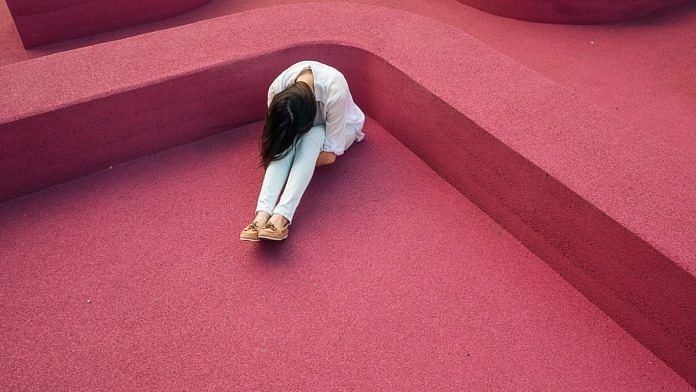World Suicide Prevention Day is an awareness day observed on 10 September every year, to reinstate our worldwide commitment and action to prevent suicides. The International Association for Suicide Prevention has been collaborating with the World Health Organization and the World Federation for Mental Health to host World Suicide Prevention Day since 2003.
The theme given by the World Health Organization (WHO) for the last two years — “working together to prevent suicide” — has gained more prominence this year due to the Covid-19 pandemic. This uncertain situation has yet again made us think globally, plan nationally, and act locally. The mantra during current times is building resilience, overcoming stigma about mental illness, and restoring hope through ‘connect, communicate and care’.
As per a web-based cross-sectional study conducted by the Department of Mental Health and Behavioral Sciences, Max Healthcare (New Delhi) to assess the emotional impact of the pandemic, an alarming 25 per cent of the total 1,069 respondents across India reported having the idea of death or self-harm during this period while 10 per cent respondents reported having frequent thoughts of death and self-harm.
Additionally, significant associations were found between symptoms of depression and anxiety with worries about one’s own health and of family and friends, worry about being infected and spreading the infection to others, about death and dying, about the economy, finances and increased workload along with worry about future uncertainty.
Also read: Most suicide helplines are of little help as they don’t work when people need them
Steps we must take
The prevention of suicide has not been adequately addressed due to a lack of awareness of suicide as a major public health problem and the taboo in many societies to openly discuss it. Raising community awareness and breaking down the taboo is important to make progress in preventing suicide. The main strategy required in this pursuit is to increase awareness about suicidal behaviours and how to effectively prevent them.
Our foremost priority must be to reduce stigma and promote mental health literacy among the general population and non-mental health care professionals. Along with it, there are several measures we must adopt in our resolve to prevent suicides.
- We need to reach people who don’t seek help, and hence don’t receive treatment when they are in need of it.
- We need to develop and implement awareness campaigns, with the aim of increasing awareness of suicidal behaviours in the community.
- We need to target our efforts not only to reduce risk factors but also to strengthen protective factors, especially in childhood, adolescence and old age.
- We need to train health care professionals to better understand evidence-based risk and protective factors associated with suicidal behaviour.
Also read: Many suicides can be prevented, if India breaks silence on mental health
Proactive approach is crucial
As clinical psychologists, through practice, experience and research, we realise multiple lines of evidence indicating that the Covid-19 pandemic has profound psychological, economic and social effects. These sequelae may persist for months and years to come. The past six months of this pandemic are already associated with distress, anxiety, fear of contagion, depression, insomnia, acute stress disorder and imminent post-traumatic stress disorders among the general population and healthcare professionals.
Social isolation, uncertainty, chronic stress, exhaustion, pain, hopelessness, risk for infection, burn-out among frontline workers, general fear of fatality, pay cut, loss of job and economic difficulties have led to the development or exacerbation of pre-existing psychiatric disorders and made most of us vulnerable. Stress-related conditions, including mood and substance use disorders as well as domestic violence are linked with suicidal behaviours. The Covid-19 survivors are also at increased suicide risk. Consequently, the risk for suicide has globally peaked.
It is imperative to proactively work on decreasing stress, anxiety, loneliness and aimlessness in the general population. At Nanavati Super Speciality Hospital (NSSH), Mumbai, we are already working on building mental health awareness among frontline workers, especially nurses. We plan to start outreach programmes for Covid-19 survivors and older adults to mitigate mental health consequences.
The author is a consulting clinical psychologist at Nanavati Super Speciality Hospital, Mumbai. Views are personal.




Please help, struggling with aimlessness and the loss of meaning.
—-On World Suicide Prevention Day, let’s resolve to remove stigma about mental illness
Remove it from your mind, that it not appear through you.